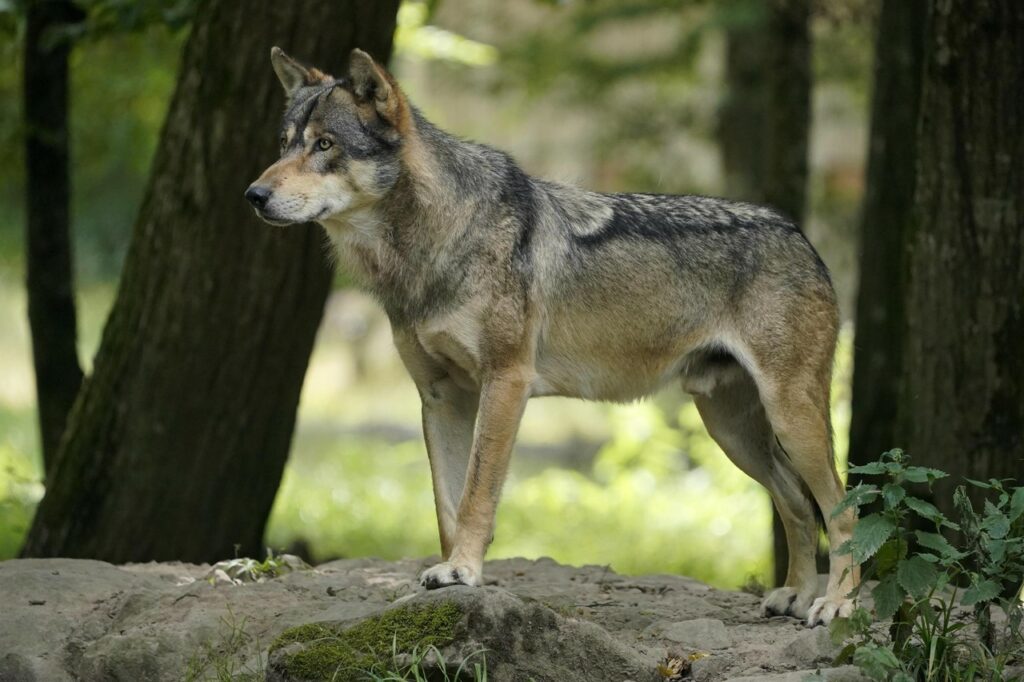The low number of wolf cubs in Belgium in 2024 calls for attention for more solutions for their protection, according to the wildlife organisation, Welkom Wolf, on Thursday.
This year, no cubs were born in Flanders, while in Wallonia, only 11 were born, according to the organisation. "That is ridiculously low when you know that southern Belgium is more suitable [for wolves] than the Netherlands and Flanders combined," it stated. In the Netherlands, 55 cubs were born this year.
While the organisation is optimistic that cubs will be born around Limburg in spring 2025, it raises the alarm for the future of wolves in the country. "Everything is hanging by a thread; if one of the adult wolves is hit, the chances of having cubs shrink enormously," said Jan Loos from Welkom Wolf.
On 27 March, in the northern High Fens, a vehicle collision is thought to have killed Maxima, a wolf who was first spotted in December 2020. She had previously given birth to three litters between 2021 and 2023. Last year, Maxima had another litter of at least five cubs.
The organisation is demanding that safe traffic infrastructure be finally put in place. "We know where the wolves are, where they often cross the road. We have been asking for ecoducts, ecovalleys or fencing at the dangerous points for years, but it just doesn't happen," Loos added. "I now hope that the new [Flemish] minister [of Mobility Annick De Ridder] will finally work on it."
Not a priority
While De Ridder (N-VA) acknowledges the demands and is sympathetic to the cause, she says the priorities lie elsewhere: "Our focus is currently on the core tasks within public works: making sure there are no more potholes and holes in our roads, that our bridges and tunnels are properly maintained and that enough new buses and trams are running around," De Ridder said in response to the group on Thursday afternoon.
Besides infrastructure, a second cause for the low number of wolves in Belgium is the illegal hunting of the animals, according to Welkom Wolf. This reportedly mainly happens in private domains. "In Wallonia there are very suitable areas for wolf territories, but there they are shot. There is no supervision of those private domains. And the Walloon Government just looks the other way."
In early December, the wolf was downgraded from a 'strictly protected' to a 'protected' species by the member states of the Bern Convention. "The European Union justifies this decision by the increase in wolf populations and attacks on livestock, estimated at 65,500 per year," said Walloon nature organisation Natagora. However, the organisation claims that the decision was strictly political.
In Belgium, the total number of wolves is estimated at around 20: three established wolves in Flanders and three packs of roughly five or six animals in the High Fens. The organisation asks anyone who sees a wolf to contact the Welkom Wolf hotline.

